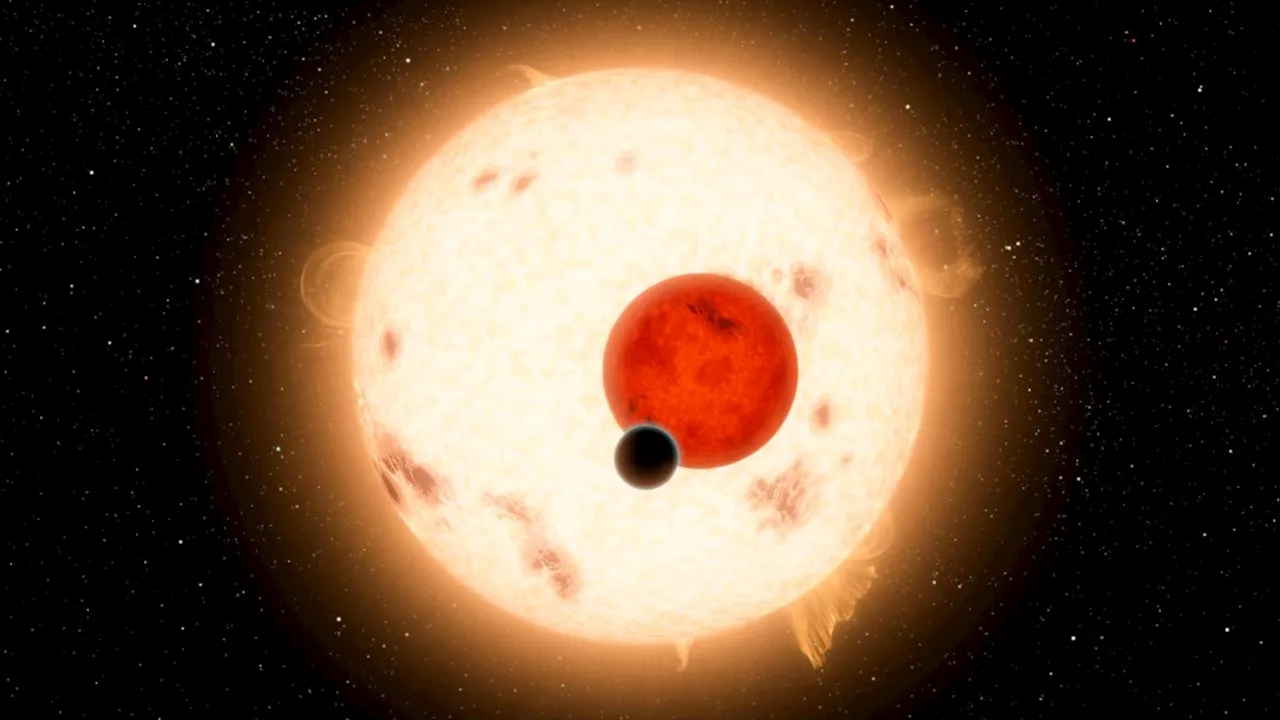Skyler Ware is a freelance science journalist covering chemistry, biology, paleontology and Earth science. She was a 2023 AAAS Mass Media Science and Engineering Fellow at Science News. Her work has also appeared in Science News Explores, ZME Science and Chembites, among others. Skyler has a Ph.D. in chemistry from Caltech.
A rocket launch. Our nearest stellar neighbor. A Netflix show. All of these things have something in common: They must contend with the"three-body problem." But exactly what is this thorny physics conundrum?
The motion of the three bodies depends on their starting state — their positions, velocities and masses. If even one of those variables changes, the resulting motion could be completely different. By submitting your information you agree to the Terms & Conditions and Privacy Policy and are aged 16 or over.But some solutions to the three-body problem have been found. For example, if the starting conditions are just right, three bodies of equal mass could chase one another in a figure-eight pattern. Such tidy solutions are the exception, however, when it comes to real systems in space.
But often, the orbits of the three bodies never truly stabilize, and the three-body problem gets"solved" with a bang. The gravitational forces could cause two of the three bodies to collide, or they could fling one of the bodies out of the system forever — a possible source of "rogue planets" that don't orbit any star, Quarles said.
United Kingdom Latest News, United Kingdom Headlines
Similar News:You can also read news stories similar to this one that we have collected from other news sources.
 Massive study of 8,000 cats reveals which breeds live longestSkyler Ware is a freelance science journalist covering chemistry, biology, paleontology and Earth science. She was a 2023 AAAS Mass Media Science & Engineering Fellow at Science News. Her work has also appeared in Science News Explores, ZME Science and Chembites, among others. Skyler has a Ph.D. in chemistry from Caltech.
Massive study of 8,000 cats reveals which breeds live longestSkyler Ware is a freelance science journalist covering chemistry, biology, paleontology and Earth science. She was a 2023 AAAS Mass Media Science & Engineering Fellow at Science News. Her work has also appeared in Science News Explores, ZME Science and Chembites, among others. Skyler has a Ph.D. in chemistry from Caltech.
Read more »
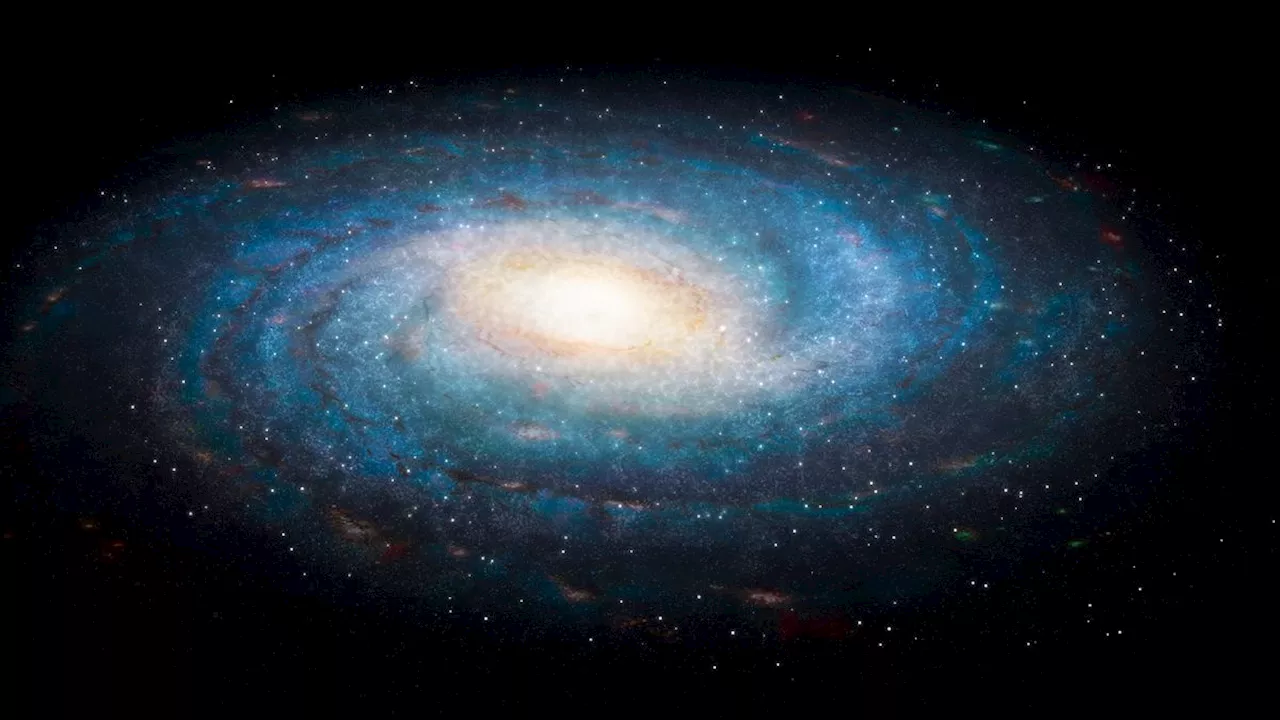 Does the Milky Way orbit anything?Skyler Ware is a freelance science journalist covering chemistry, biology, paleontology and Earth science. She was a 2023 AAAS Mass Media Science & Engineering Fellow at Science News. Her work has also appeared in Science News Explores, ZME Science and Chembites, among others. Skyler has a Ph.D. in chemistry from Caltech.
Does the Milky Way orbit anything?Skyler Ware is a freelance science journalist covering chemistry, biology, paleontology and Earth science. She was a 2023 AAAS Mass Media Science & Engineering Fellow at Science News. Her work has also appeared in Science News Explores, ZME Science and Chembites, among others. Skyler has a Ph.D. in chemistry from Caltech.
Read more »
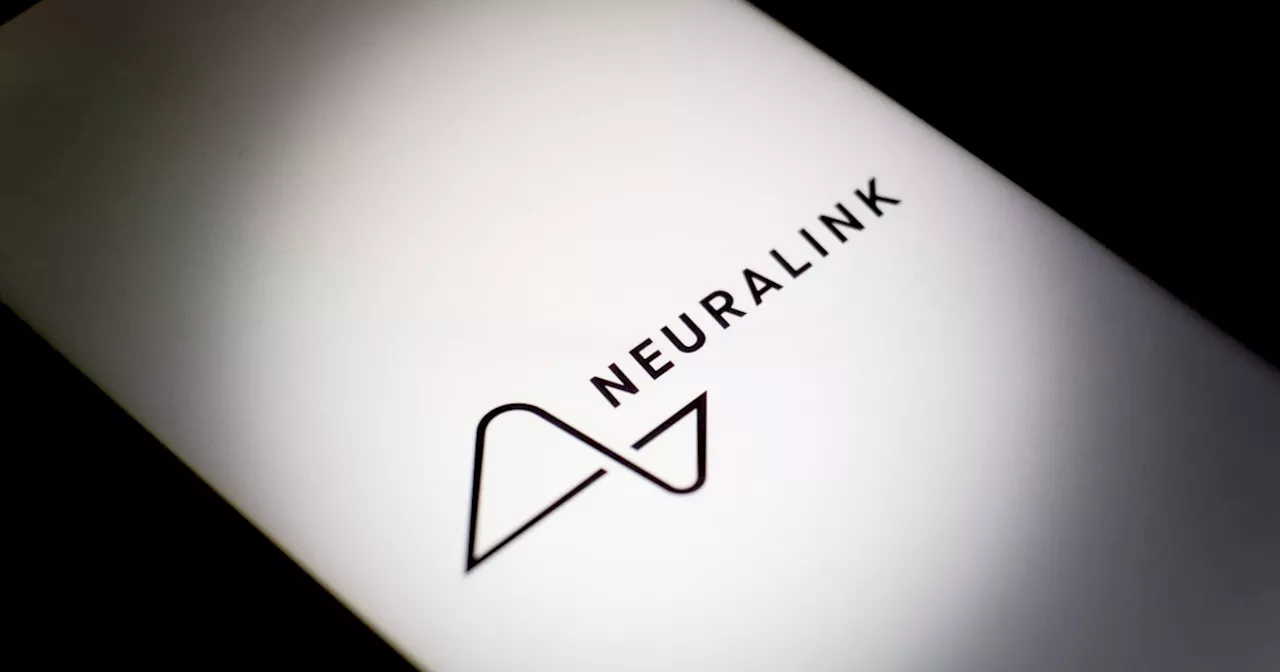 Implant by Elon Musk's Neuralink suffers setback after threads retract from patient's brainDenise Chow is a reporter for NBC News Science focused on general science and climate change.
Implant by Elon Musk's Neuralink suffers setback after threads retract from patient's brainDenise Chow is a reporter for NBC News Science focused on general science and climate change.
Read more »
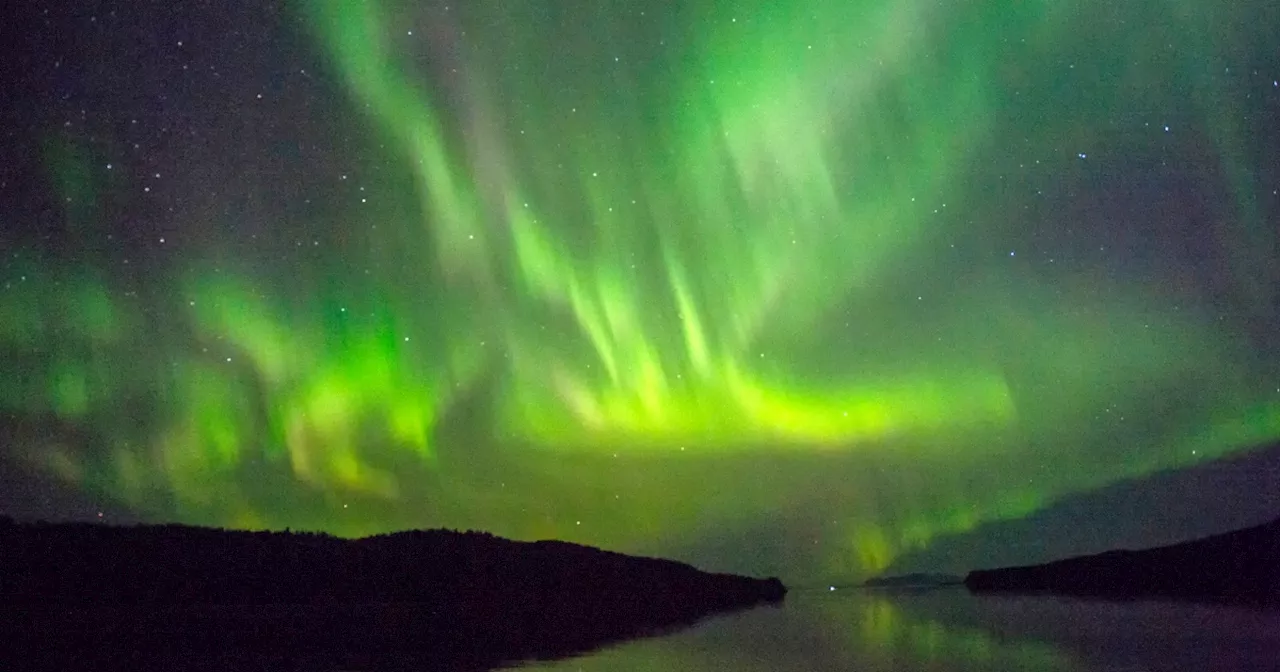 Northern lights will likely be visible in much of U.S. due to solar stormDenise Chow is a reporter for NBC News Science focused on general science and climate change.
Northern lights will likely be visible in much of U.S. due to solar stormDenise Chow is a reporter for NBC News Science focused on general science and climate change.
Read more »
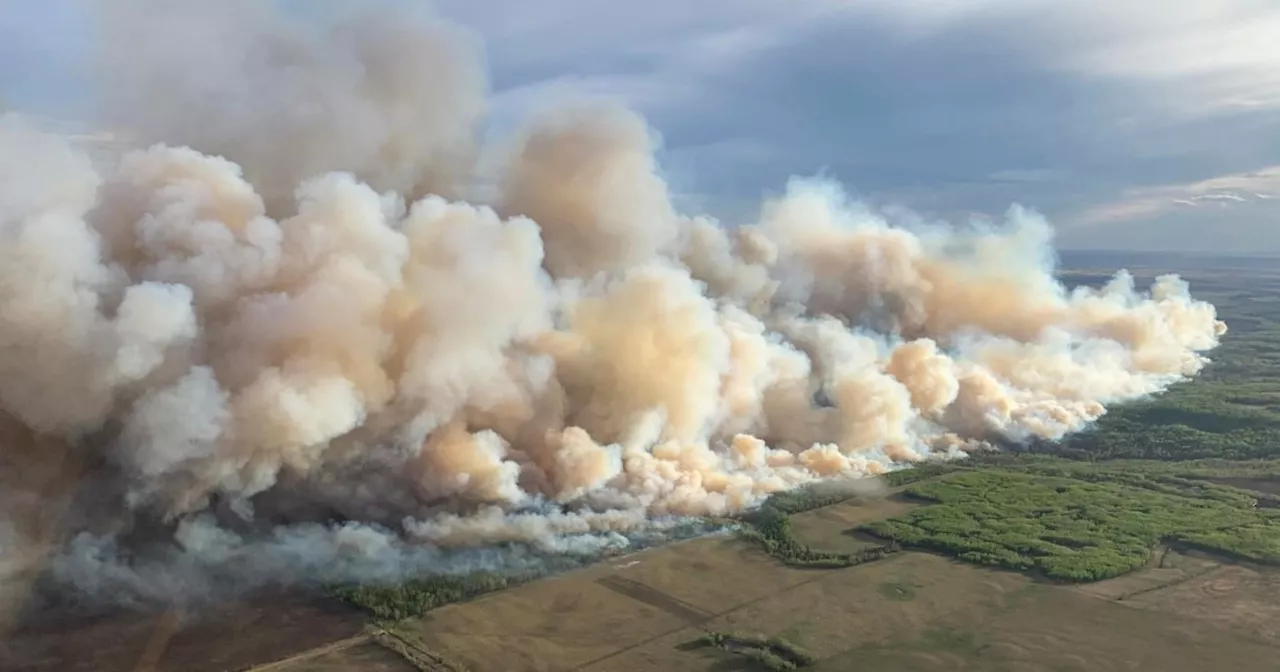 Canadian wildfires trigger air quality alerts in four U.S. statesDenise Chow is a reporter for NBC News Science focused on general science and climate change.
Canadian wildfires trigger air quality alerts in four U.S. statesDenise Chow is a reporter for NBC News Science focused on general science and climate change.
Read more »
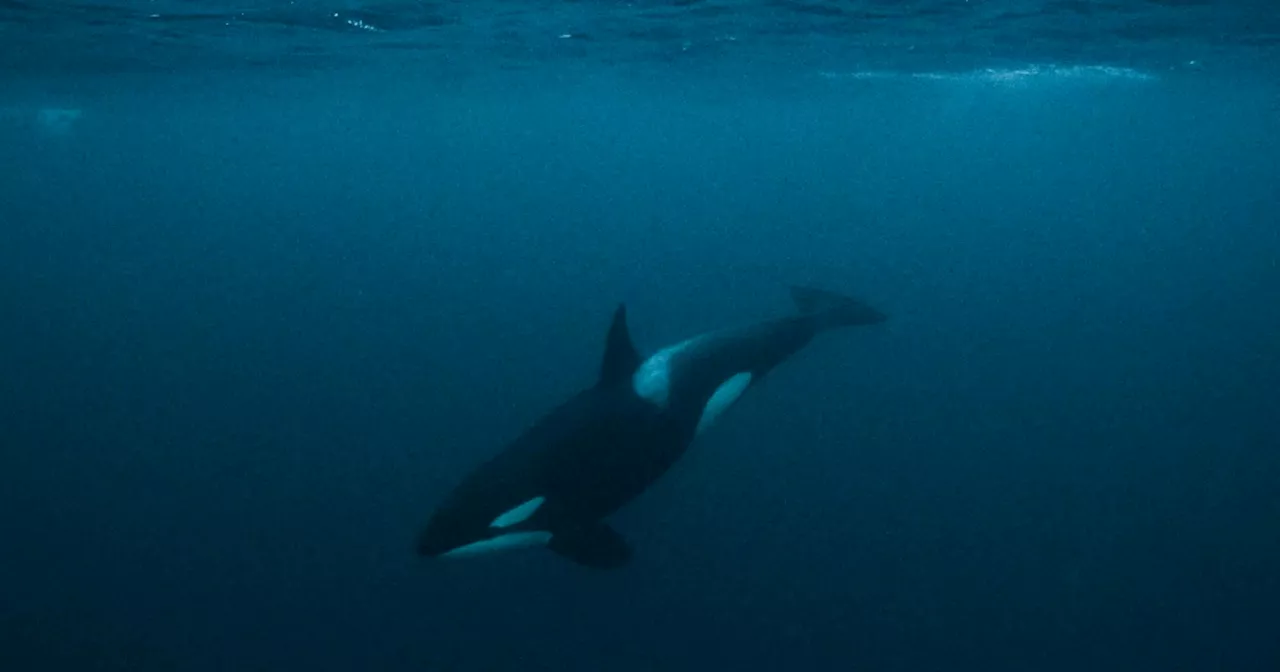 What drove killer whales' dramatic behavior this year?Denise Chow is a reporter for NBC News Science focused on general science and climate change.
What drove killer whales' dramatic behavior this year?Denise Chow is a reporter for NBC News Science focused on general science and climate change.
Read more »
